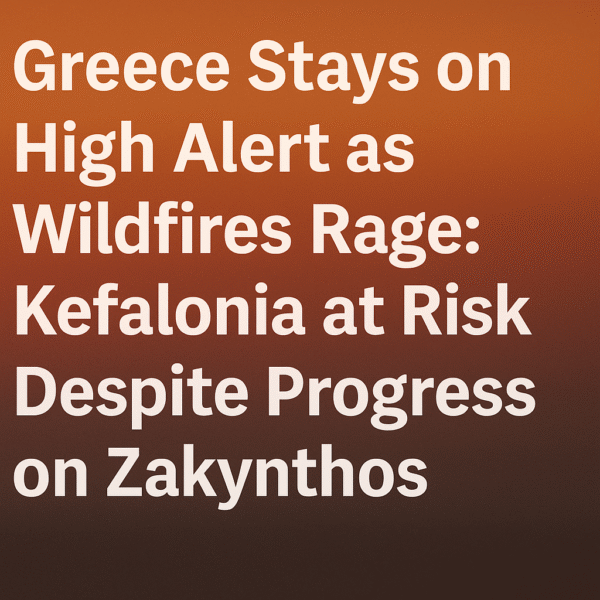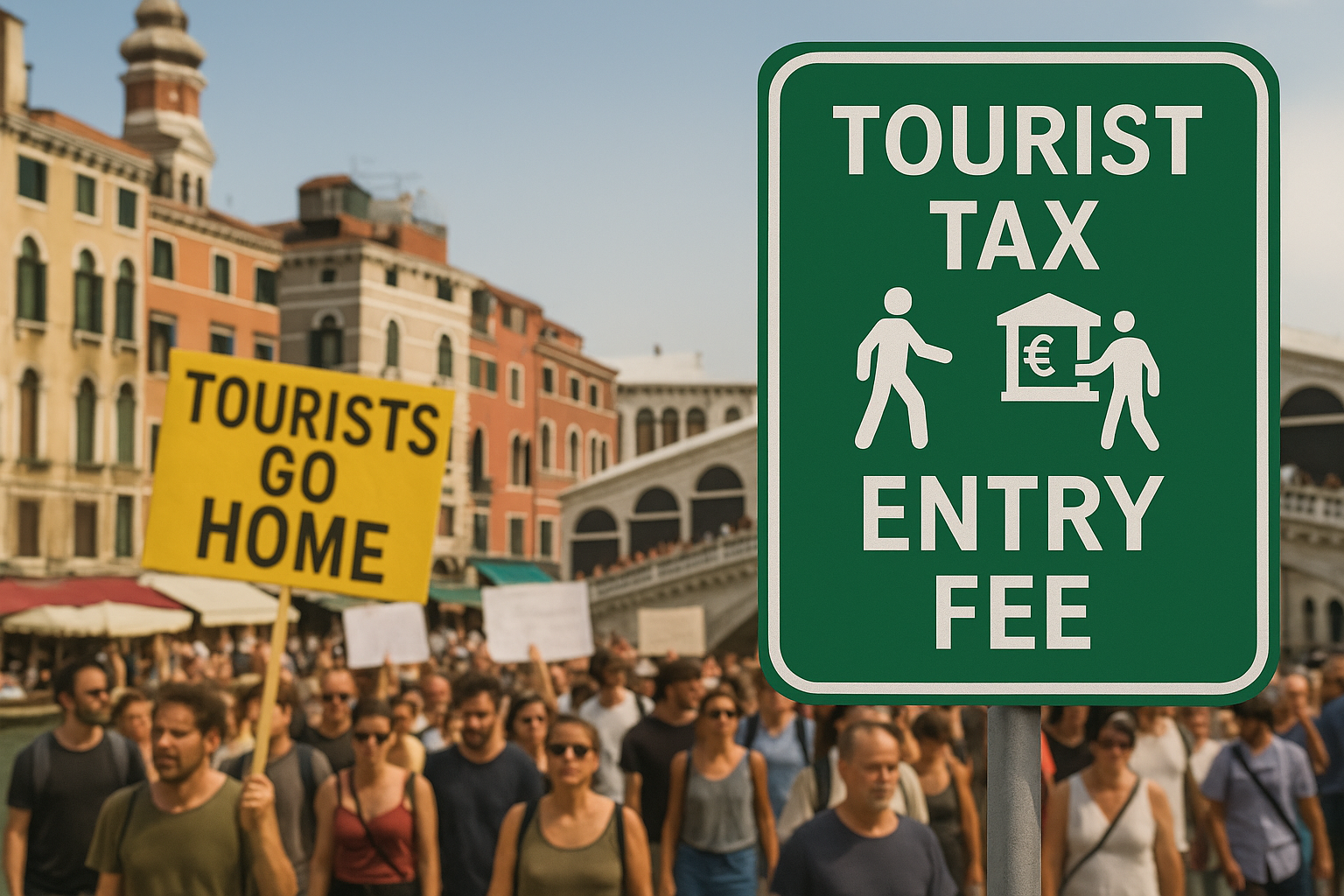Europe’s Tourism Crackdown: What Travelers from the US, Canada, Japan, and India Should Know in 2025
Europe is taking decisive steps to tackle the rising tide of over-tourism that has triggered widespread protests and disrupted the daily lives of locals across the continent. With record-breaking tourist arrivals in 2024—747 million according to UN Tourism—European nations are now enforcing stricter travel measures. From higher tourist taxes and new entry fees to tighter visa policies and visitor caps, these developments mark a shift toward sustainability and quality tourism management.
Travellers from the United States, Canada, Japan, and India—key source markets for European tourism—need to be well-informed before planning their 2025 trips. The new regulations affect travel costs, visa procedures, and even access to some iconic landmarks.
The Surge and the Backlash
Cities like Barcelona, Venice, and Lisbon have become symbols of Europe’s over-tourism dilemma. Over the past year, local protests have grown louder, with signs reading “Tourists go home” and public demonstrations disrupting visitor experiences. These protests reflect mounting frustration over inflated housing costs, environmental damage, and overloaded infrastructure caused by mass tourism.
Venice residents, for instance, have long protested the daily influx of cruise passengers. In response, the city has rolled out an entry fee of €5–€10 for day-trippers and placed bans on loudspeakers and swimming in canals. Similarly, locals in Majorca and Lisbon have taken to the streets to voice their dissatisfaction, demanding limits on tourism and stricter regulation of short-term rentals.
Key Policy Changes by Country
Spain
Spain is leading the charge in policy reform. Barcelona has pledged to eliminate all 10,000 short-term tourist rentals by 2028 and is targeting illegal listings with over 66,000 already removed. Cruise passengers now face a 200% hike in port fees. A smart tourism management system is also in development to monitor visitor congestion in hotspots like Madrid and Seville.
Greece
Greece has introduced a new cruise passenger tax of around ₹2,000 (approx. €22), effective from July 2025. The iconic Acropolis in Athens now limits visitors to 20,000 per day using a timed-entry system to control footfall and preserve the monument.
Italy
Venice has implemented a seasonal entry fee and introduced group size limits for tours. The city is enforcing stricter behavioural codes, including bans on public swimming and amplified noise. Rome and Florence are considering similar actions to protect historic districts from overcrowding.
France
At the Louvre Museum in Paris, staff strikes have highlighted the strain excessive tourism places on cultural institutions. While France has not yet introduced a tourist tax hike, policy discussions are underway as public pressure mounts.
Croatia
Dubrovnik continues its efforts to become a model of sustainable tourism. Measures include limiting cruise ship arrivals and reducing outdoor café seating to prevent congestion in the old town. Fines for walking in swimwear and drinking in public are now in place.
The Netherlands
Amsterdam has exceeded its tourism threshold with over 20 million overnight stays in 2023. The city has responded by raising tourist taxes and launching the “Stay Away” campaign aimed at discouraging rowdy behaviour, particularly from younger visitors.
Visa Tightening and Application Delays
Visa policies are also being reshaped. Schengen nations rejected nearly 1.7 million visa applications in 2024—a 14.8% rejection rate. Indian nationals, in particular, have been urged to apply months in advance as visa appointments are limited. For travelers from Japan and Canada, while rejection rates remain low, longer processing times are expected during peak seasons.
Country-Specific Travel Considerations
United States
Roughly 40.2 million Americans visited Europe in 2024, favouring destinations like London, Paris, and Rome. With the rise in taxes and entry fees, US tourists must now account for these added expenses in their travel budgets.
Canada
Canada recorded 33.2 million outbound trips in 2024, with France being the top destination. More than 723,000 Canadians visited France in 2023 alone. However, increased travel costs, including local entry taxes, may influence Canadian holidaymakers to consider off-peak travel or alternative destinations.
Japan
Japan’s outbound travel returned in full force with 13 million international trips in 2024. Spain experienced a 55% surge in Japanese arrivals. While welcomed by tourism boards, these travellers now face new restrictions on group tours and must pay extra entry charges at top sites.
India
India emerged as one of Europe’s fastest-growing markets in 2024 with 27.88 million outbound trips. Spain alone welcomed over 226,000 Indian tourists. Given the rising visa rejection rates and new travel fees, Indian tourists should plan ahead and opt for eco-certified accommodations and guided experiences that align with sustainable tourism models.
Toward Responsible and Balanced Tourism
Europe’s strategy to curb over-tourism isn’t about discouraging visitors, but rather about managing their impact. These policies aim to ensure that tourism benefits local communities without compromising the quality of life for residents or the integrity of cultural heritage sites.
While costs may rise, the trade-off includes less crowded attractions, better visitor services, and a stronger emphasis on meaningful, immersive experiences. Travelers are encouraged to plan early, consider lesser-known destinations, and respect local guidelines.
Final Thoughts
The sweeping changes across Europe mark a new chapter in global travel. For international tourists—especially from the US, Canada, Japan, and India—these policies are not barriers but guideposts for more responsible, culturally sensitive tourism. As the continent rebalances its tourism strategy, travellers who adapt and stay informed will continue to enjoy the best of Europe—while contributing to its long-term preservation.
For more travel news like this, keep reading Global Travel Wire
















